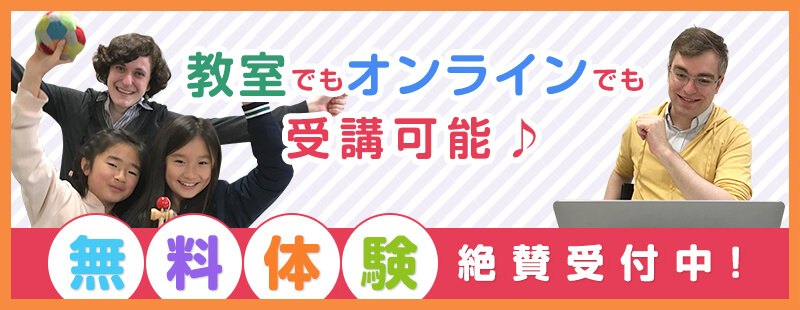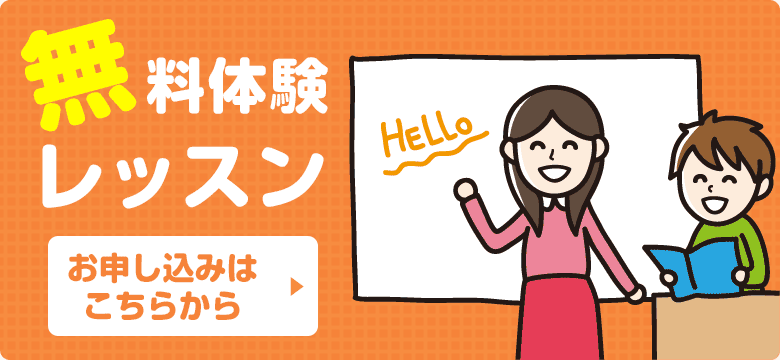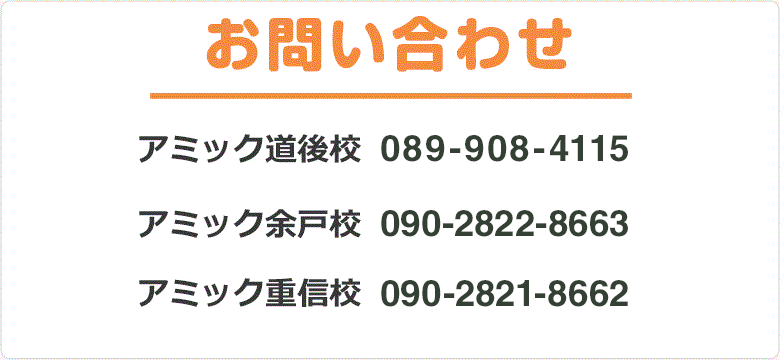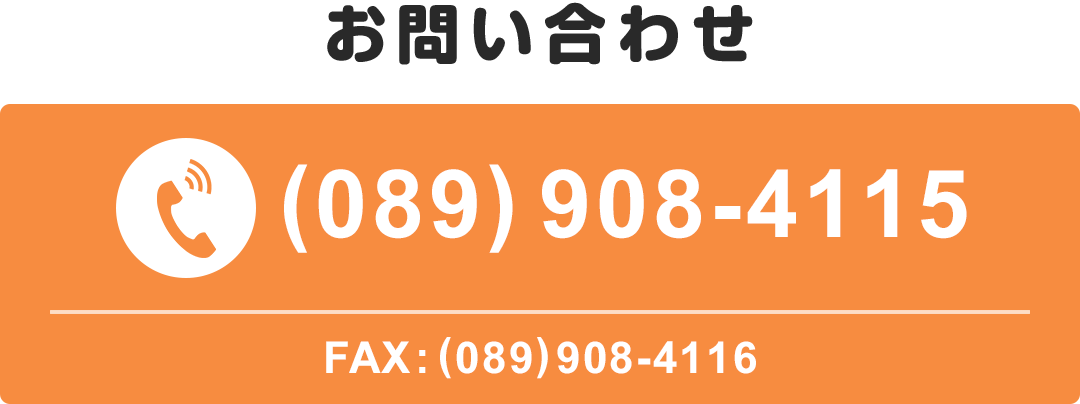カテゴリー:未分類
英会話・英語 アミック Fireworks
One of the biggest fireworks displays in Ehime is scheduled to light up the night sky this coming weekend. I have been to Mitsuhama fireworks a handful of times and each time has been memorable. The getting home part is another story itself, however, still memorable.
This year unfortunately, I won’t be going. There’s a huge typhoon making its way to Japan as we speak and is forecasted to hit Ehime by the weekend. I’m not sure how badly it will hit Matsuyama, but you can’t be too careful. This time around I would much rather stay indoors, stay dry and stay cool.
For those going to either Mitsuhama or Onmaku in Imabari – enjoy the show and fingers crossed the typhoon doesn’t ruin your experience.
英会話・英語 アミック Summer Festivals
As we get nearer to August I feel myself becoming a little homesick, mainly due to a month long, citywide set of festivals that happen in Edinburgh during August. The entire city goes through a transformation during July, ready to begin the celebrations in August. There are several festivals that happen at the same time, the Fringe Festival, International Festival, Jazz Festival, Book Festival and the Military Tattoo. The result of having so many festivals happening in one city at one time means that it gets very busy! I’ve heard that the population quadruples during August, although I’m not sure how accurate those figures are, it certainly feels like it when you are walking the streets!
The entertainment ranges from circus acts, to comedians, to ballet, to cabaret, to exhibitions, to street performers, it seems the list is endless. Performers come from all over the world, one of the main regularly returning acts are The Ladyboys of Bangkok, giving a truly wonderful show. I also saw my first Taiko Drumming group during the 2010 festival, it was an absolutely stunning performance.
The prices of the shows range from free to very expensive, and the quality can vary too, although most people are there for a good time and make the best of a poor performance enjoying drinks with friends and performers alike. Having said that it can be quite difficult to get a seat at any of the local pubs during the festival, despite them being open for much longer hours.
The thing I miss most about the festival though, is the end of festival firework display. This display is coordinated with live orchestral music, and is simply spectacular. I used to have a tradition of inviting my friends for food and drinks before the fireworks, then grabbing a blanket and a few bottles of beer and a radio before heading to the park a few minutes away from my flat so get a good view.
英会話・英語 アミック Commonly Confused Words (part 3)
7. leave, leaf
Sometimes students use the voiceless sound at the ends of words when they should really use the voiced sound. This can change the meaning of the word quite drastically! Some examples include:
leave /li:v/, leaf /li:f/
hard /hɑ:d/, heart /hɑ:t/
dug /dʌg/, duck /dʌk/
rise /raɪz/, rice /raɪs/
8. bow, bow, row, row, sow, sow
Although there is only one spelling pattern being used here, there are two different pronunciations and multiple meanings! The two pronunciations are /əʊ/ to rhyme with ‘oh’ and /aʊ/ to rhyme with ‘ow’.
bow /bəʊ/ – noun – ‘shoelaces tied in a bow’, ‘bow and arrow’
bow /baʊ/ – noun – the front of a ship
bow /baʊ/ – verb – ‘actors bow at the end of a play’
row /rəʊ/ – noun – ‘row of seats’, ‘columns and rows’
row /rəʊ/ – verb – ‘row a boat’
row /raʊ/ – noun – argument
row /raʊ/ – verb – to argue
sow /səʊ/ – verb – to plant seeds
sow /saʊ/ – noun – a female pig
9. bear, beer
These words all use diphthongs:
bear, bare /beə/ – this rhymes with ‘air’
beer /bɪə/ – this rhymes with ‘ear’
10. tough, though, through, thorough, thought
tough /tʌf/
though /ðəʊ/
through /θru:/
thorough /ˈθʌrə/
The above words all end in ‘ough’ but below is a very similar one ending in ‘ought’:
thought /θɔ:t/
Do you have an idol? 英会話・英語 アミック
Having an idol can inspire us to achieve great things. Idols can be famous actors, musicians or sports stars, successful business people, inventors and scientists, even fictional characters can be idols. They can be people in our community or people we only know through history books and stories. Idols can help us to become improve ourselves in many different areas of our lives.
Idols can have a significant influence over us, from the way we dress to the way we behave. In turn these can have a great influence over the way we live our lives and interact with people. As with everything in life a balance must be struck, we may take cues from our idols on how to behave in certain situations, but we must learn to adapt those techniques to identify with our own identity and situation. Whether it’s a productivity technique, guide to happiness or new diet, we should always consider that we are all unique and somethings work for some people and not for others.
Who is your idol?
英会話・英語 アミック Commonly Confused Words (part 2)
4. wonder, wander
wonder /ˈwʌndə/ – ‘won’ looks like it should rhyme with ‘on’ but in fact it rhymes
with ‘sun’
wander /ˈwɒndə/ – ‘wan’ looks like it should rhyme with ‘ban’ but in fact it rhymes
with ‘on’
5. of, off
of /ɒv/ (strong form) and /əv/ (weak form)
off /ɒf/
6. loose, lose, choose, chose
loose – adjective – /lu:s/
lose – infinitive verb – /lu:z/
choose – infinitive verb – /tʃu:z/
chose – past simple of choose! – /tʃəʊz/












